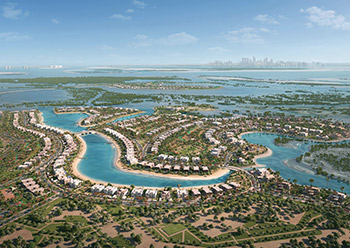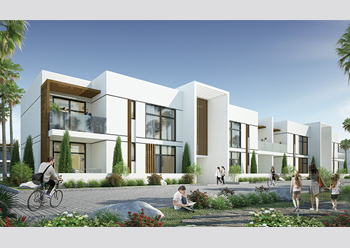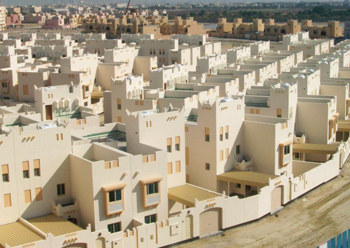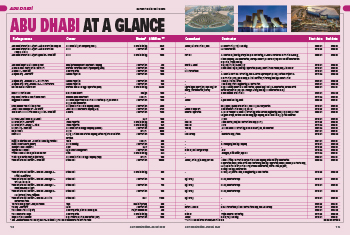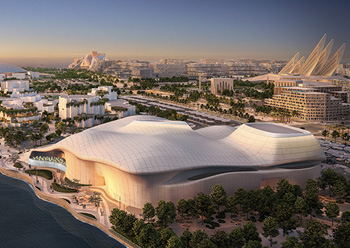
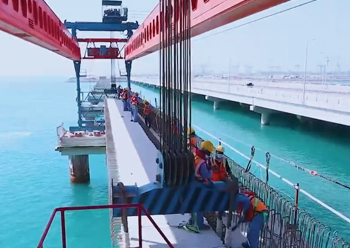 The 1-km bridge runs parallel to the road link, connecting Khalifa Port to the mainland.
The 1-km bridge runs parallel to the road link, connecting Khalifa Port to the mainland.
Etihad Rail, the developer and operator of UAE's rail network, has achieved a major construction milestone in the country's AED50 billion ($13.6 billion) railways programme by successfully connecting Abu Dhabi's Khalifa Port to the mainland with the construction of the emirates’ first rail marine bridge.
The UAE Railway Programme is the largest integrated system for transporting goods and passengers across the country. It comprises three key projects: the freight rail, which includes the Etihad Rail freight services; the rail passenger service that aims to connect 11 cities – starting from Al Sila in the western region of Abu Dhabi emirate to Fujairah; and the Integrated Transportation Service, where an innovation centre will be established to ensure the integration of the smart transportation solutions.
At a speed of 200 km/h, the passenger service will connect the 11 key cities within the UAE taking passengers from Abu Dhabi to Dubai in 50 minutes, and from Abu Dhabi to Fujairah in 100 minutes. By 2030, the number of passengers is expected to reach more than 36.5 million annually, according to Etihad Rail.
A light rail network will be connected to the rail passenger system to facilitate transportation within the UAE cities.
 |
|
At a speed of 200 km/h, the passenger service will connect 11 cities within the UAE. |
“The 1-km bridge, which runs parallel to the road link, will help improve the flow of goods to the region, and reduce shipping and trade costs,” said Khuloud Al Mazrouei, the Deputy Project Manager for Etihad Rail, while proving the latest project update in a video shared on social media.
Al Mazrouei said the connection was completed with the installation of the last of the 100 T-beams.
A first of its kind in the network, the marine bridge is being constructed by a total of 320 workers, clocking more than 1 million manhours so far, in compliance with the top environmental and global standards. The team faced several challenges while building the bridge in a marine environment and managed to tackle them successfully, she added.
“We have installed all the T-beams for the marine bridge, which will connect Khalifa Port with the network. This achievement was completed after installing the last T-beam for the bridge, which extends over 1 km, bringing the total number of T-beams to 100,” she explained.
According to her, the railway will link the principal centres of trade, industry, manufacturing, production, logistics, population and all the major import and export points of the UAE, as well as forming an integral part of the GCC railway network.
“The most important feature of this bridge is that it runs parallel to a road bridge of the same length, which connects the mainland of the emirate of Abu Dhabi with the sea container terminal,” remarked Al Mazrouei. “This ensures a smooth flow of tidal currents along the sides of the port and preserves the coral reefs.”
In May, Etihad Rail had announced that 75 per cent of the work on the network had been completed. Construction has been divided into two stages, the second of which includes four packages. The bridge is being built as part of Package B of the second stage.
Etihad Rail’s network will run for 1,200 km across the UAE, from the border of Saudi Arabia to Fujairah.
Once operational, the service is expected to carry more than 36 million people annually by 2030.
Stage One of the 1,200-km network – which extends across the UAE, from the border of Saudi Arabia to the border of Oman – began operations in 2016. This 264-km stretch has helped transport some 42 million tonnes of granulated sulphur from Habshan and Shah to Ruwais on behalf of Adnoc, resulting in some 2.55 million trucks being removed from the road, saving both costs and reducing environmental pollution.








.jpg)




.jpg)




























.jpg)

































